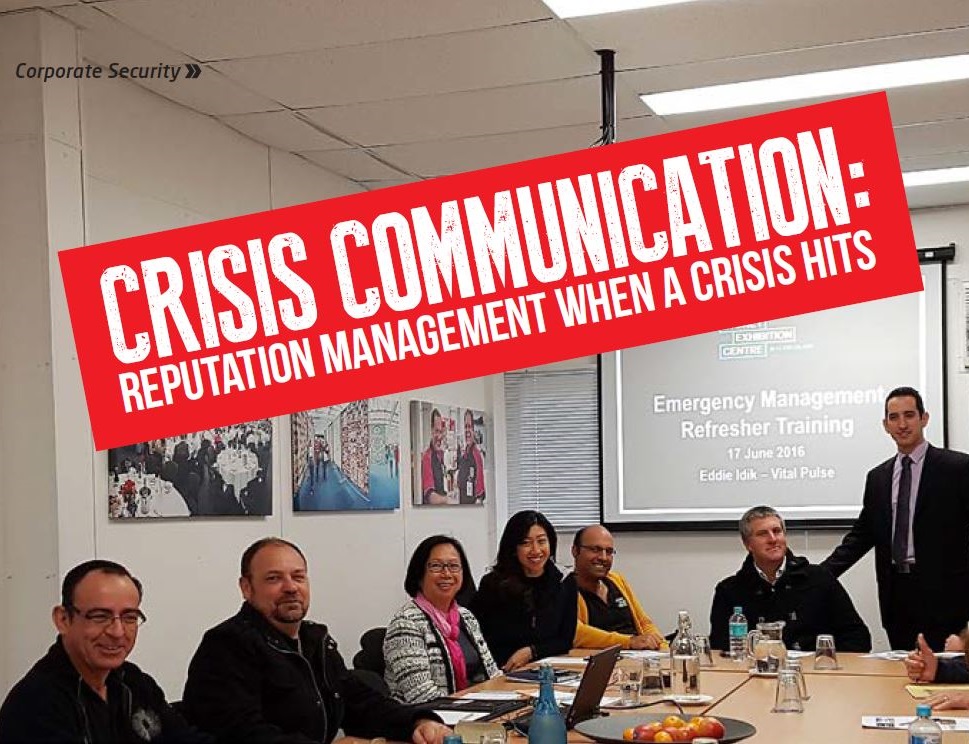
All too often, leaders within companies, organisations and governments involved in a crisis have had to learn the hard way that major disruptions, or events once seemed unthinkable, can become a reality.
Whether it be death caused by an accident within the workplace, share prices declining due to a failed takeover, a major environmental catastrophe such as an oil spill, or toxic food and medicines leading to boycotts and community outrage, the attention quickly falls on the organisation responsible and other perceived ‘guilty parties’.
Thanks to the internet and social media, information about a situation or a crisis in Sydney can reach Dubai, London or Moscow within minutes. In many cases, details will often be grossly exaggerated by the media before any official comment can be made.
Stakeholders, familiar with past events such as the Tylenol Affair (1982), BP Deepwater Horizon (2010), Volkswagon Emissions Scandal (2015) and more recently, the DreamWorld Ride Accident (2016), will not only be demanding explanations but closely watching how the organisation manages its response.
A “No Comment” approach or burying your head in the sand just doesn’t cut it anymore.
What is Crisis Communication?
I define it as “a proactive response to protect the reputation of an organisation during a crisis by maintaining a level of media control”.
It also includes the collection and dissemination of information in a timely manner to address the crisis situation.
Many organisations fail to address the communication issues related to crisis response – leadership teams often don’t understand that in the absence of internal and external communications, stakeholders don’t receive the necessary information to know what’s happening, resulting in confusion and anger. Operational responses break down and the financial impact to the bottom line becomes more severe.
Internal crisis communication is vital to mitigate the stress of the event on employees, and also to inform them as to how they can be ambassadors or assets for the organisation during this crucial time.
When my clients ask me “what is the best approach to crisis communication?”, it’s simple – preparation! Anticipating crisis scenarios, assembling the crisis communications team and on-going training is the key…Click HERE to read full article.





